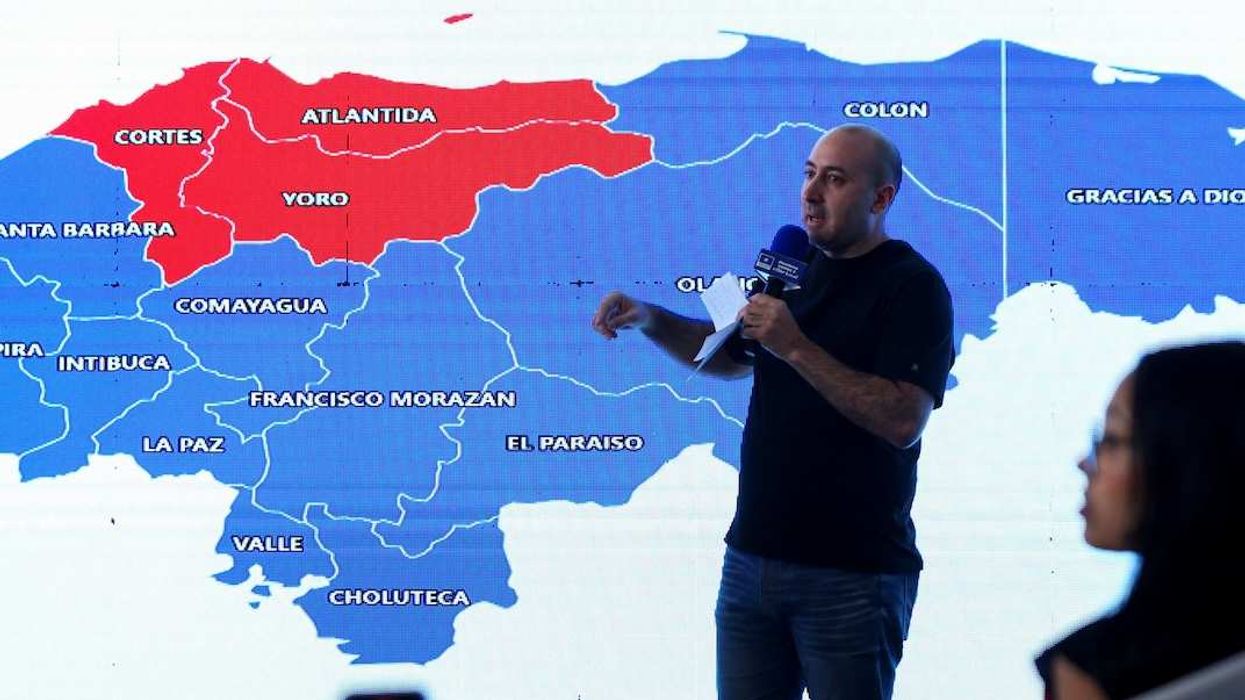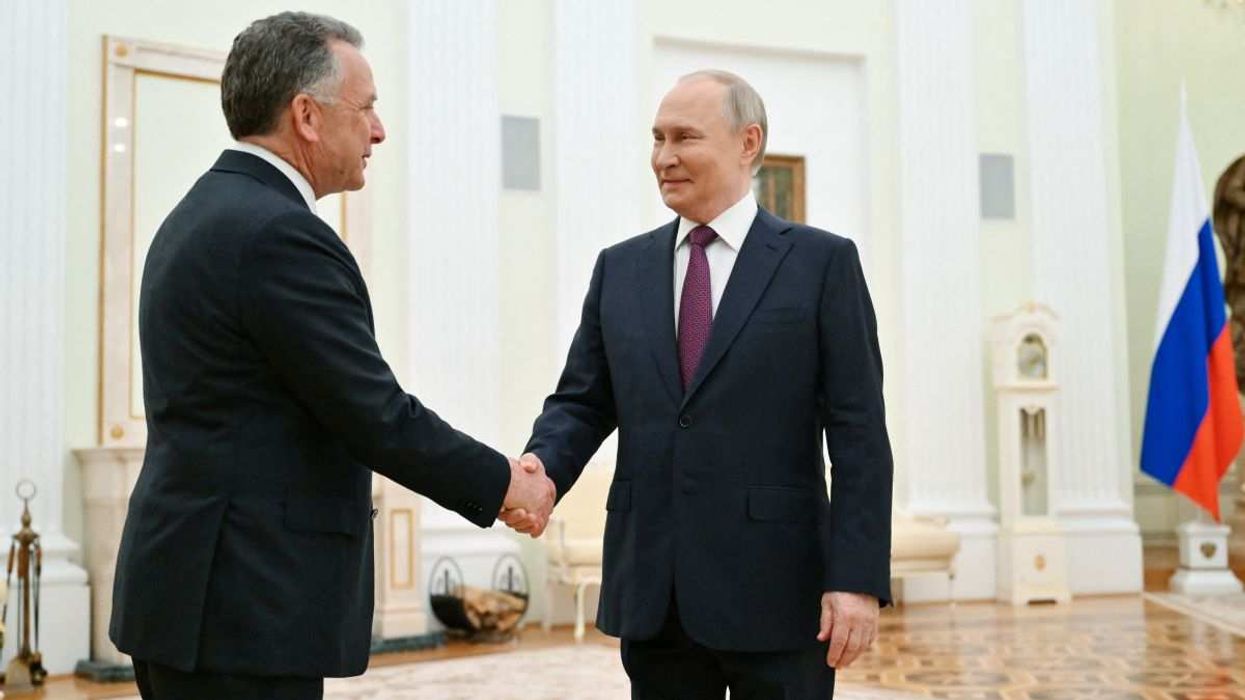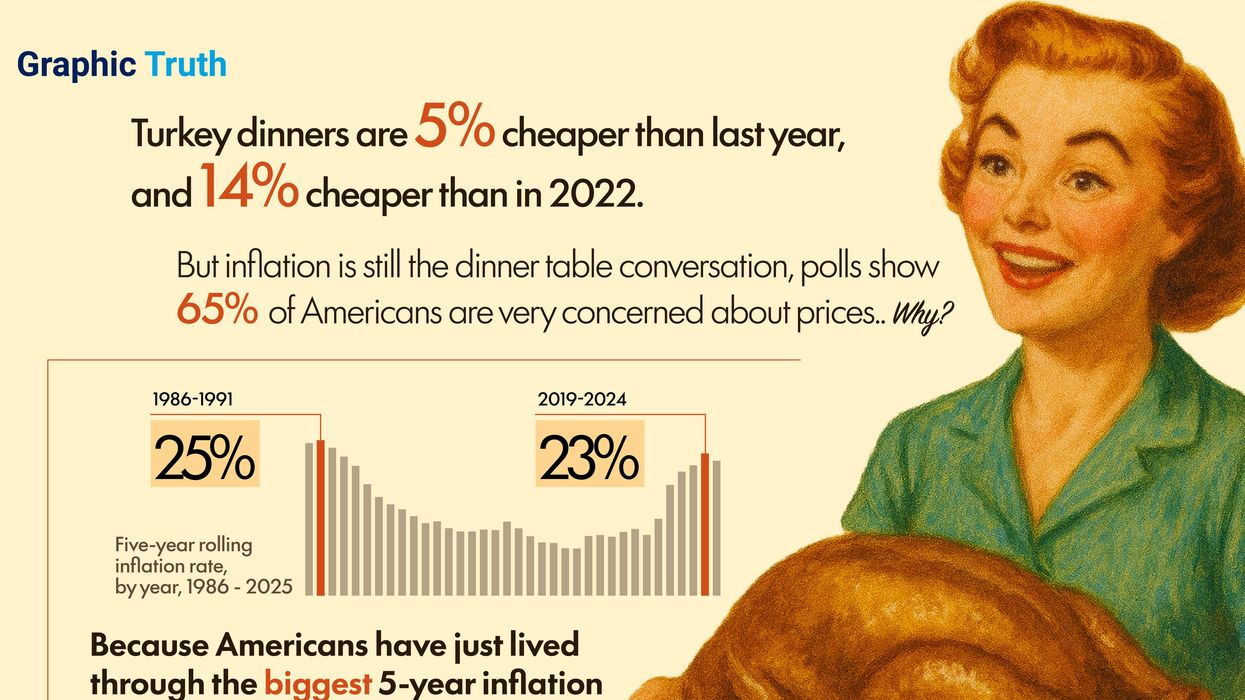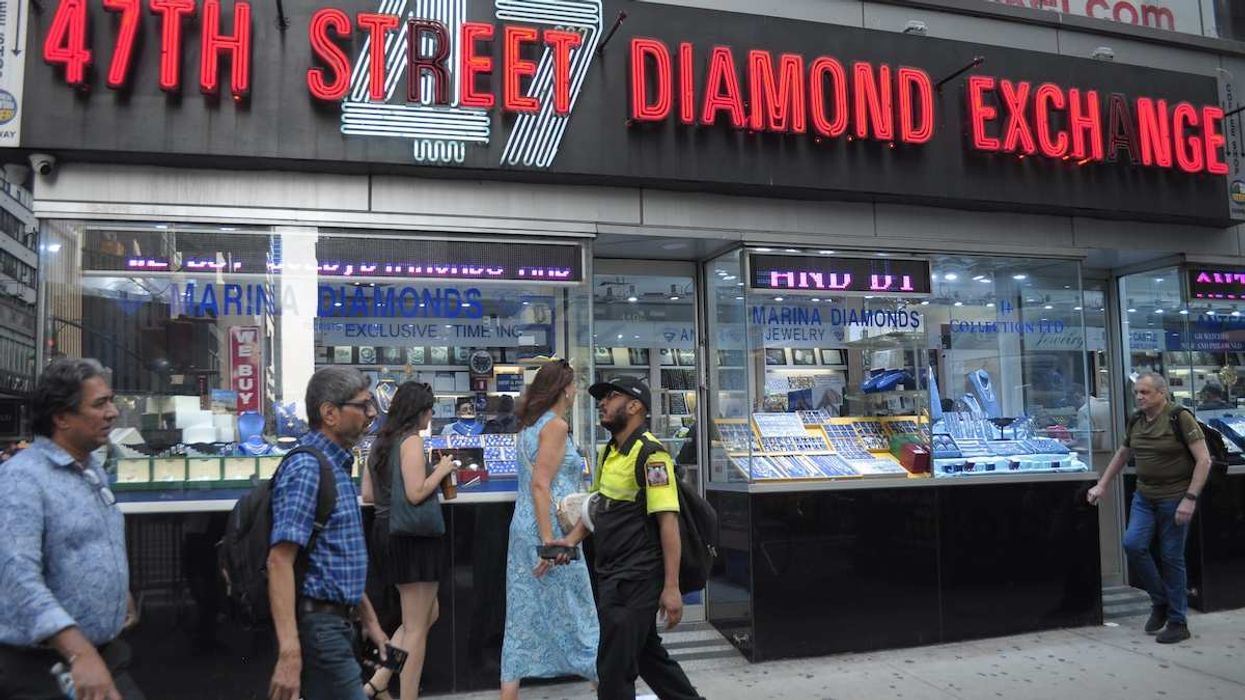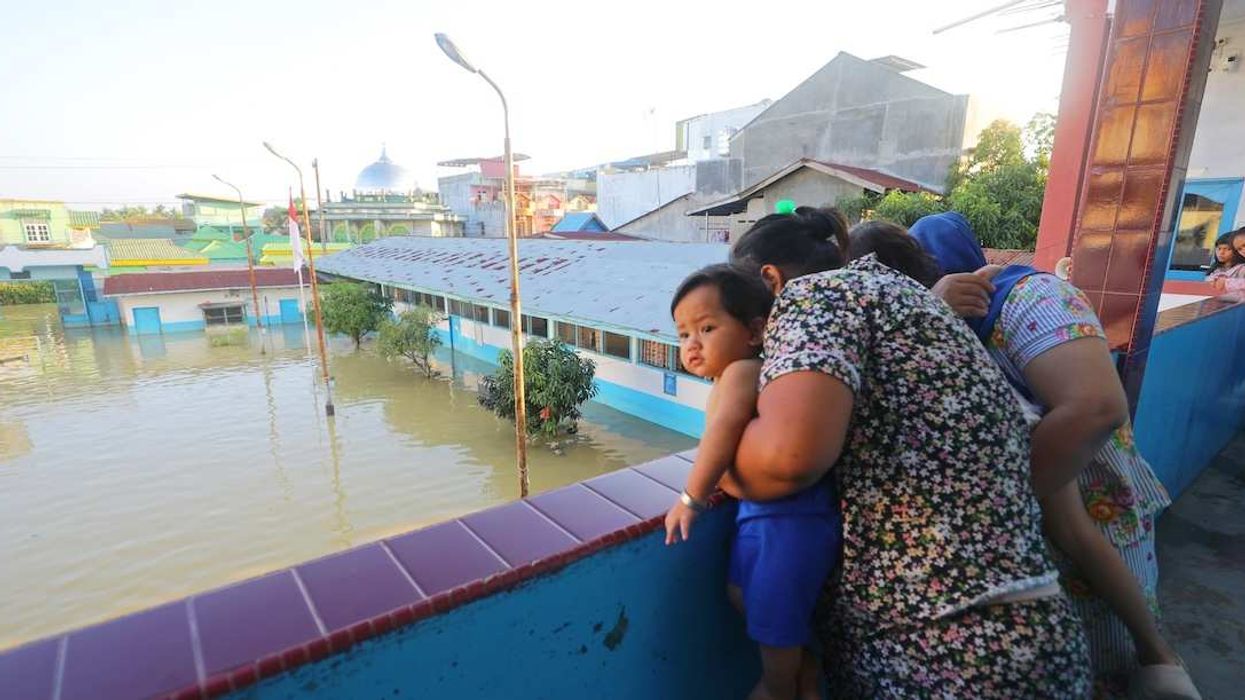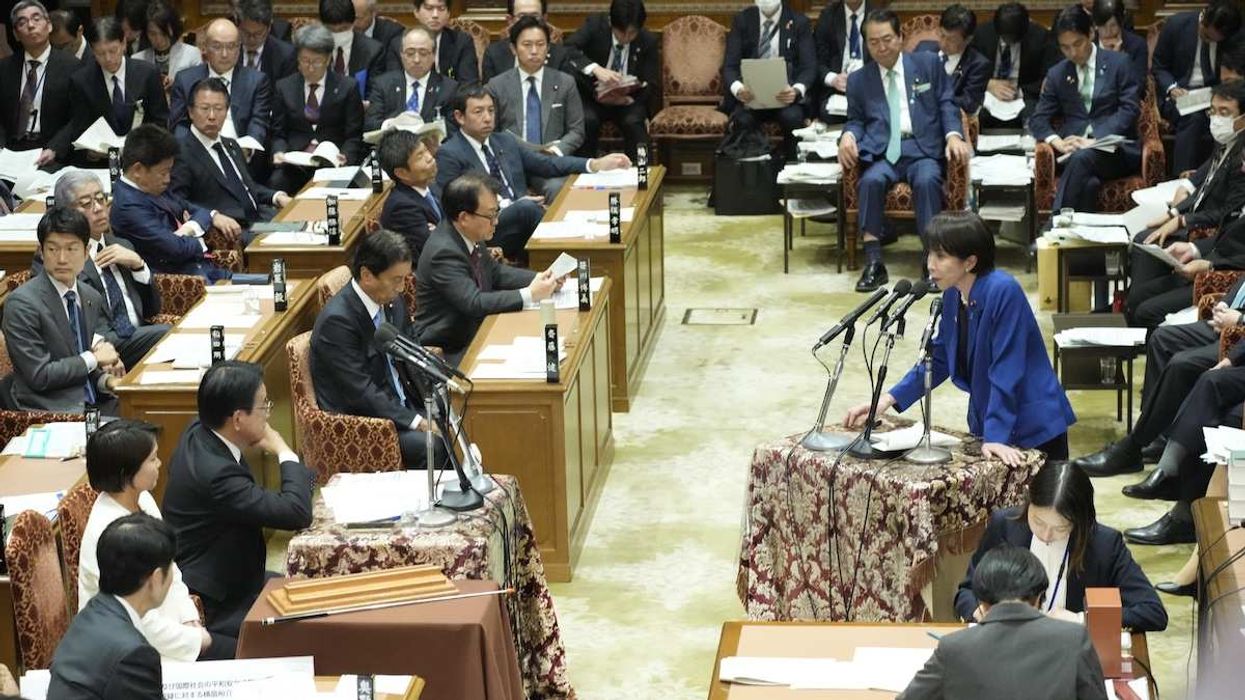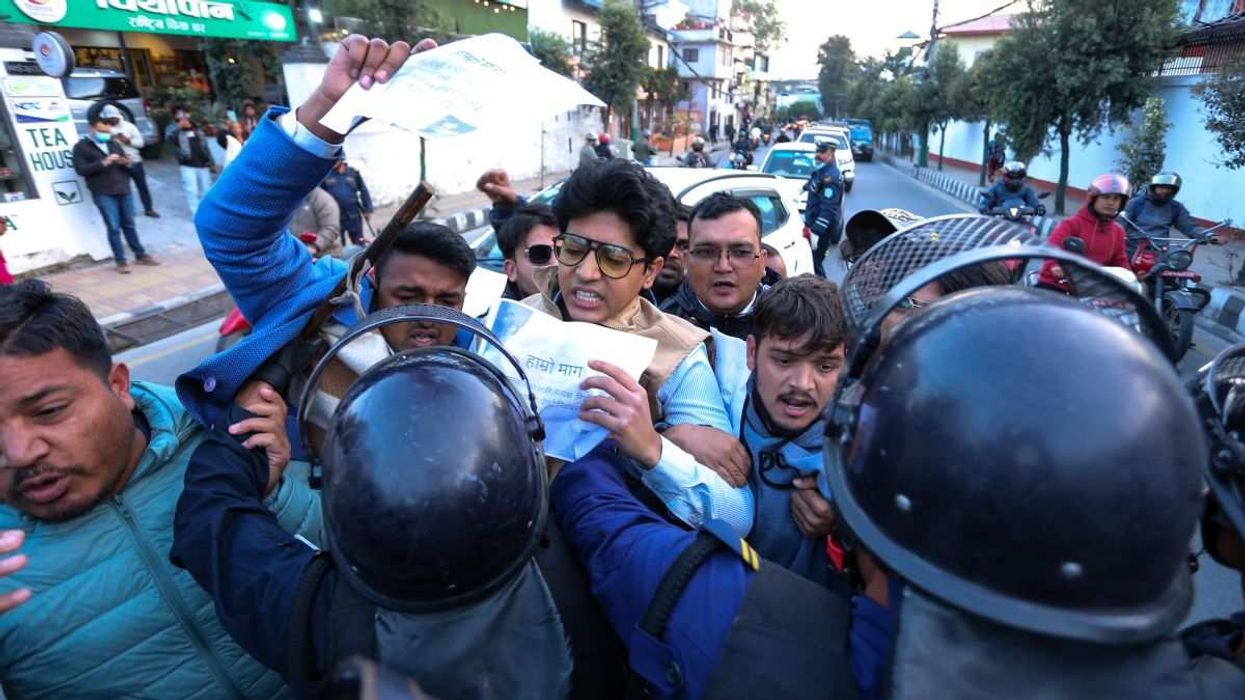Remember when the EU froze billions of euros worth of Russian assets following Vladimir Putin’s invasion of Ukraine? Well, if the EU gets its way, interest earned from those assets will soon be headed to Ukraine for much-needed arms replenishment and reconstruction.
The bloc’s 27 ambassadors agreed in principle to a deal directly targeting the Euroclear depositary in Belgium, which holds much of the €210 billion ($226b) worth of frozen assets. The interest from those assets alone is worth up to €3 billion ($3.22b) a year.
Debates between Western countries on how to use frozen Russian assets to benefit Ukraine have raged since the war began, with some going so far as to call for the full confiscation of all Russian assets. Lack of consensus over the legality of asset confiscation stalled those talks, especially due to the effect it could have on the Euro if the move spooked away investors. Moscow also threatened to confiscate an estimated $288 billion of Western assets in retaliation.
The EU’s new compromise is likely to be supported by G7 allies, and it directly mirrors a proposal outlined by US Treasury Secretary Janet Yellen. EU Commission President Ursula Von Der Leyen praised the plan, posting on X, “There could be no stronger symbol and no greater use for that money than to make Ukraine and all of Europe a safer place to live.”
The decision still needs approval from a gathering of EU finance ministers next week, and the first billion euros could reach Ukraine by summer.









